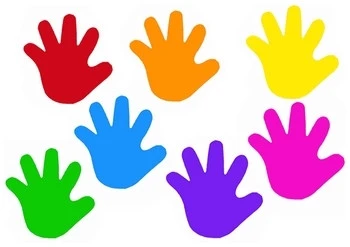How Maria Montessori made teaching more practical
One of the major aims of Montessori education is to empower the child to accomplish everyday tasks or Practical Life Skills. Through this process, children become confident, skilful and directed. All children have the inner compulsion to master the activities which they observe others doing. From the early stages of sitting and crawling through to walking and talking, we generally don’t need to teach the child these skills. We do, however, provide the support and encouragement to enable them to follow their natural inclinations. This is the same process which we use when developing practical life skills. We provide the environment and activity which will promote the acquisition of these skills. For the toddler, this means opportunities to pour water, use a spoon to transfer a variety of materials, use tongs, tweezers and chopsticks. Cooking, juicing, grating, cutting and spreading are all excellent activities to promote. Learning to manage their own clothing and toileting are also huge steps towards independence and self care.

Sensorial activities are the other major focus for the early childhood stage. These activities enable children to isolate and compare attributes of sound, colour, shape, texture, dimensions, smell and taste. By using their senses to investigate concrete materials, children refine their ability to compare, contrast, match and sort. In the playgroup room, the majority of our activities are from the Practical Life and Sensorial categories.
We also incorporate Language activities through story telling, nomenclature cards, songs and rhymes. Early maths activities include sandpaper numeral recognition, one to one correspondence, sorting, comparing and matching.
For more information about Maria Montessori's approach, please contact the expert contributor.
